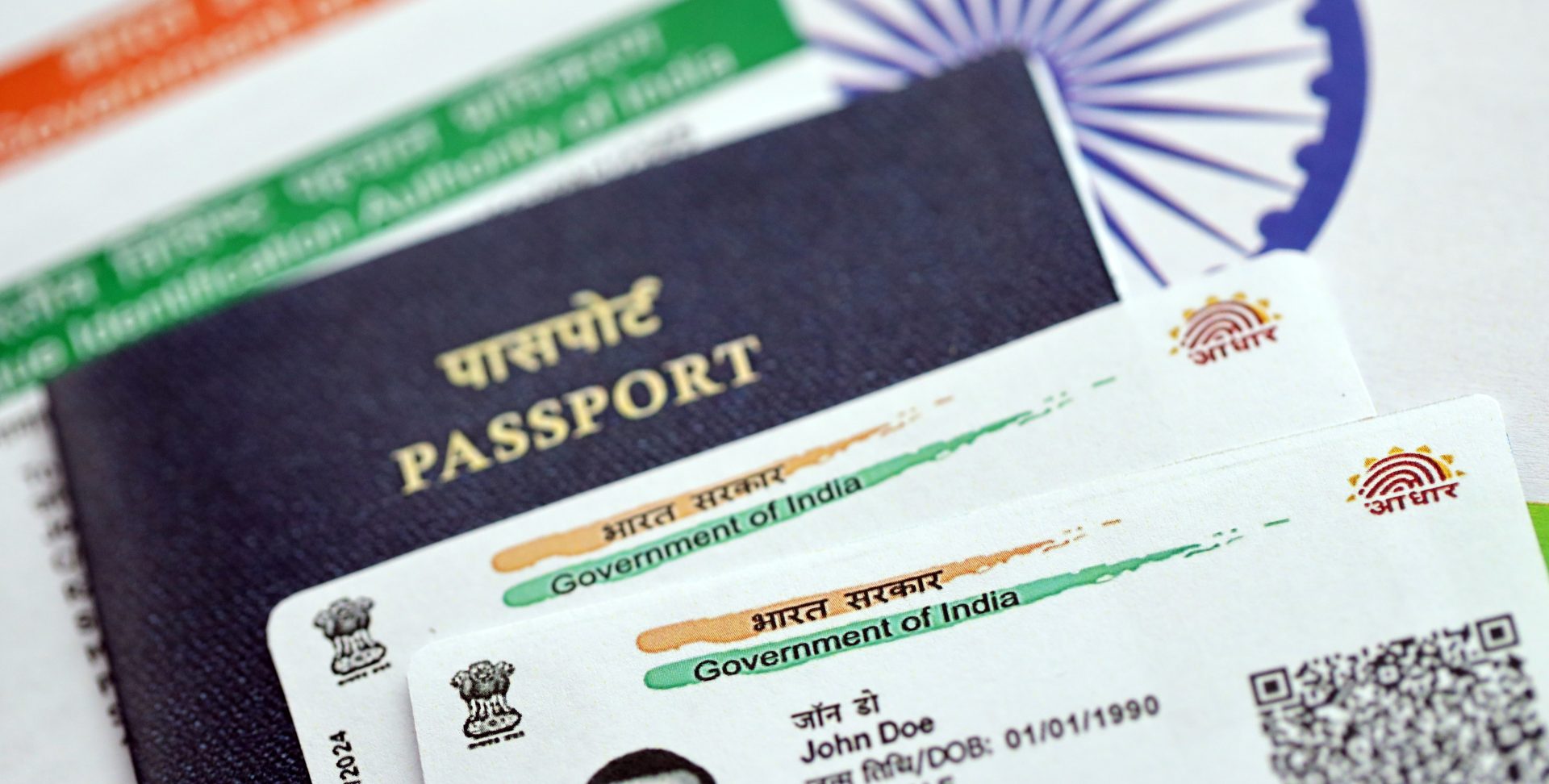
- Aarav Veer
The Significance of ISMS in Modern India’s Digital Transformation
India is rapidly evolving into a global digital powerhouse. From large-scale government initiatives like Digital India to the booming startup ecosystem and tech-driven industries, the nation’s reliance on data and digital infrastructure has never been greater. While this growth presents immense opportunities, it also brings significant challenges, especially in safeguarding sensitive information. In this context, implementing an Information Security Management System (ISMS) is not just a necessity but a strategic imperative for organizations in modern India.
What is ISMS?
An ISMS is a systematic framework that helps organizations manage sensitive information securely. Governed by internationally recognized standards like ISO 27001, it enables businesses to protect their data from threats, maintain confidentiality, and ensure compliance with legal and regulatory requirements.
Why ISMS is Crucial for India Today?

1. A Growing Digital Economy Needs Robust Security
India’s digital economy is projected to reach $1 trillion by 2026. With this growth comes an increased risk of cyberattacks on industries like e-commerce, banking, healthcare, and IT services. An ISMS provides a structured approach to protecting critical data, reducing vulnerabilities, and building trust in the digital ecosystem.
2. Compliance with Indian Data Protection Laws
With the introduction of the Digital Personal Data Protection Act (DPDP) 2023, Indian organizations face stricter data security regulations. Non-compliance can result in severe penalties. ISMS helps businesses align with such regulations, ensuring not only compliance but also fostering trust among customers and stakeholders.
3. Safeguarding National Security
India has seen an increase in cyberattacks targeting critical infrastructure, including power grids, defense systems, and financial institutions. By adopting ISMS frameworks, organizations in these sectors can enhance their cybersecurity posture, contributing to the country’s overall national security.
4. Resilience for Startups and SMEs
India’s startup ecosystem is the third-largest in the world. However, many startups and small-to-medium enterprises (SMEs) often lack the resources for advanced cybersecurity solutions. ISMS offers a cost-effective way to manage information security risks, enabling these businesses to focus on innovation while ensuring their data remains secure.
5. Promoting Global Competitiveness
India is a preferred destination for IT services and outsourcing. International clients demand robust data protection mechanisms from Indian service providers. Adopting an ISMS demonstrates a commitment to security, making Indian companies more competitive on the global stage.
6. Strengthening Digital Public Infrastructure
Government initiatives like Aadhaar, UPI, and CoWIN have transformed public services in India. However, these platforms also handle vast amounts of sensitive data. ISMS can enhance the security and resilience of such critical digital infrastructure, ensuring seamless service delivery to millions.
Challenges to Overcome
While the benefits of ISMS are clear, its implementation in India faces hurdles such as:
- Lack of awareness about cybersecurity and ISMS among smaller organizations.
- Shortage of skilled cybersecurity professionals.
- Resistance to change due to perceived costs or complexity.
Addressing these challenges requires a collaborative effort between the government, industry leaders, and educational institutions.
Conclusion
In modern India, where digital transformation is driving economic and societal progress, securing data is of paramount importance. An ISMS is more than a technical framework; it is a strategic enabler for businesses, a protector of individual privacy, and a safeguard of national interests.
For organizations in India, adopting ISMS is not just about compliance—it is about demonstrating a commitment to excellence, resilience, and trust. As we move towards a digitally empowered India, let us embrace ISMS as a cornerstone of sustainable growth and security.










